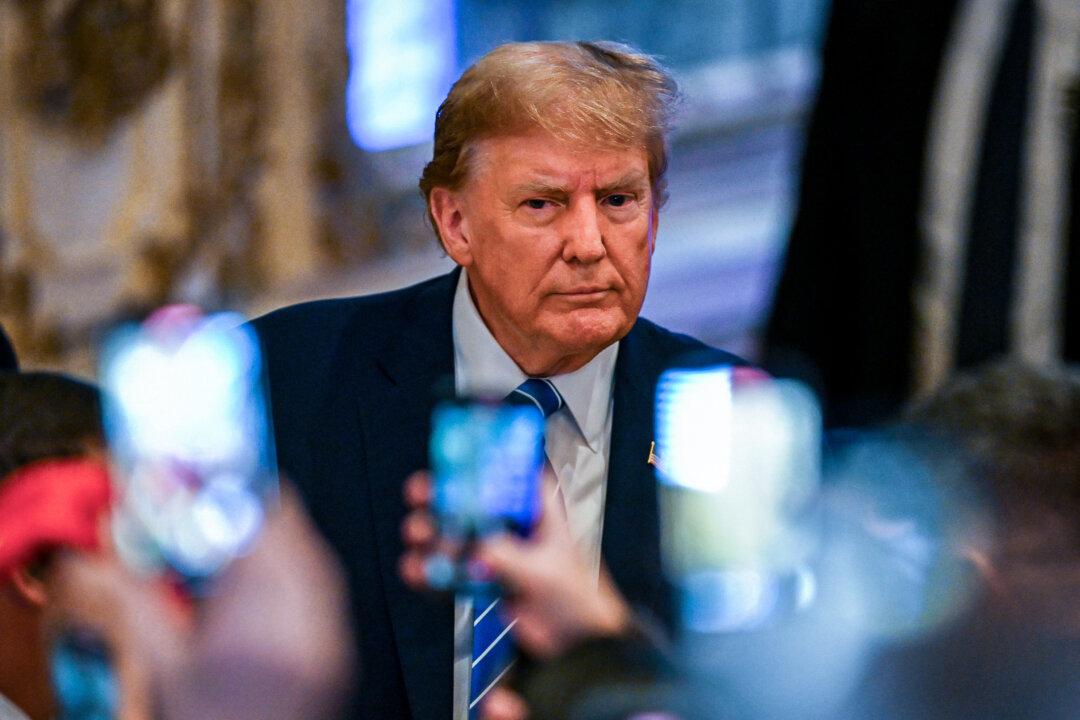Attorneys with special counsel Jack Smith’s office argued that former President Donald Trump had no authorization to retain classified information after leaving office, even if all of those documents had been categorized as “personal” under the Presidential Records Act (PRA).
“The authorization for a former President to possess classified information comes from the applicable executive order—not from the PRA—and Trump was not authorized to possess classified records at all,” prosecutors wrote on March 7 in response to President Trump’s motion to dismiss the case based on the PRA.





